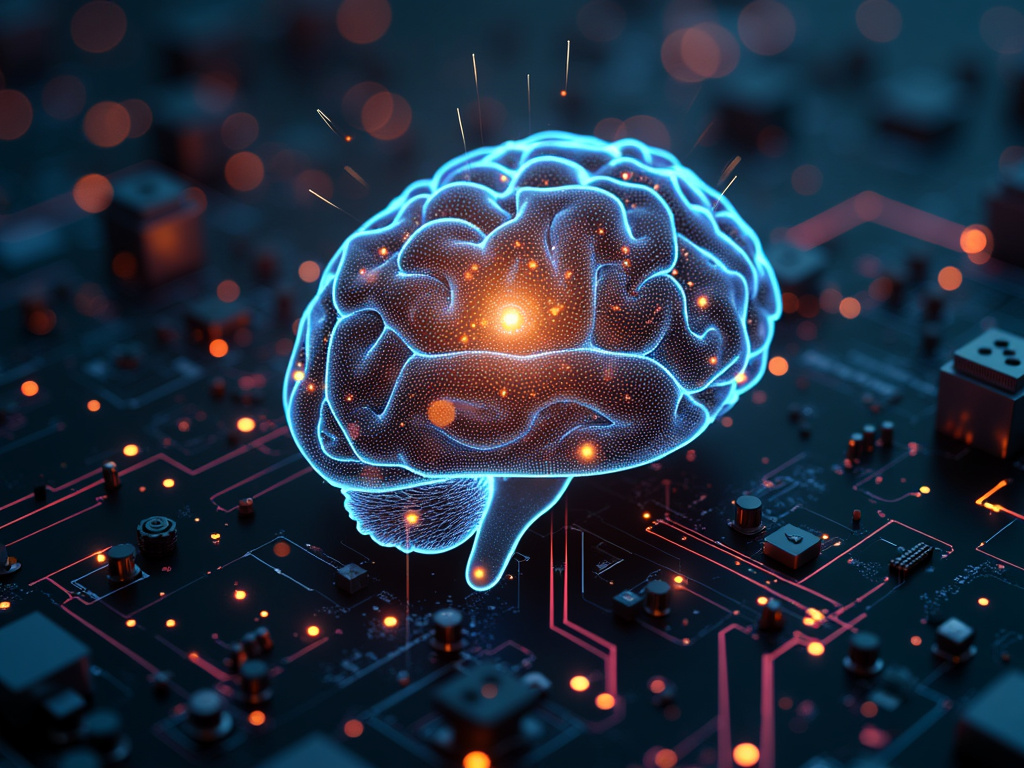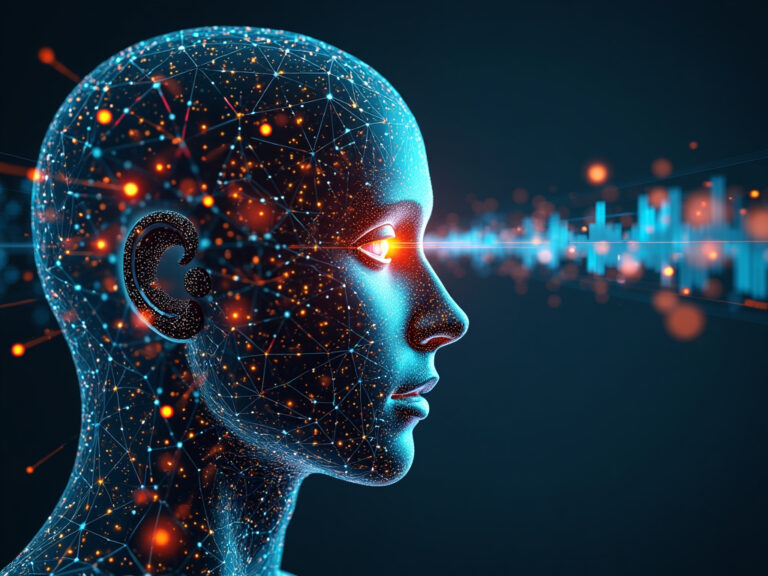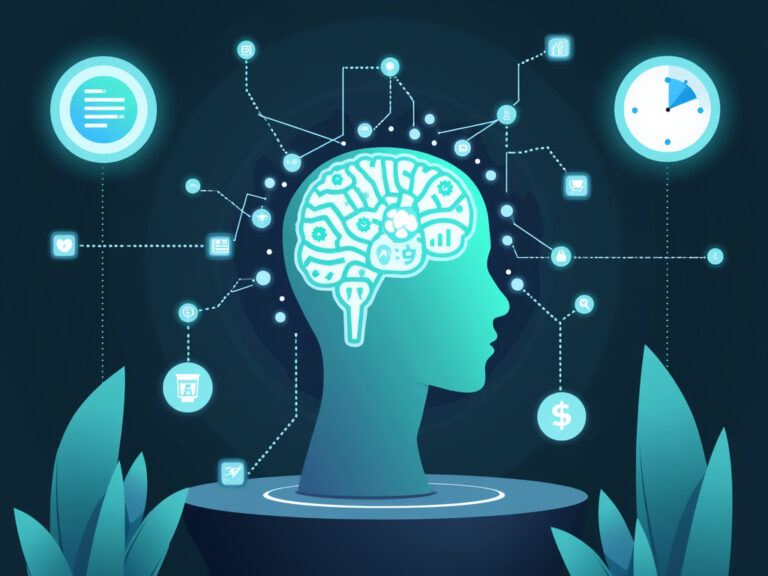What is quantum ai?
Quantum AI merges quantum computing principles with artificial intelligence, harnessing quantum effects like superposition and entanglement to boost computational capabilities. This cutting-edge field promises to transform multiple sectors by solving intricate problems at unprecedented speeds and with remarkable precision. From accelerating drug discovery to refining financial models and strengthening cybersecurity, Quantum AI’s impact is far-reaching.
Key Takeaways:
- Quantum AI exploits superposition and entanglement to significantly amplify computational power
- It potentially offers exponential speed improvements for specific AI and machine learning algorithms
- The technology is reshaping industries such as healthcare, finance, and transportation
- Quantum AI facilitates quicker data analysis, enhanced optimization, and superior pattern detection
- Future applications include advancements in financial forecasting, pharmaceutical research, and climate simulation
Quantum Computing: The Foundation of Quantum AI
Understanding Quantum Principles
Quantum computing forms the backbone of quantum AI, leveraging the strange yet powerful principles of quantum mechanics. At its core, this technology harnesses two key features: superposition and entanglement.
Superposition allows qubits (quantum bits) to exist in multiple states simultaneously. Unlike classical bits that are either 0 or 1, qubits can be both at once. This unique property enables quantum computers to explore numerous possibilities concurrently, dramatically increasing computational power.
Entanglement, on the other hand, creates strong correlations between qubits. When qubits become entangled, the state of one qubit instantly affects the state of another, regardless of distance. This phenomenon enhances the processing capabilities of quantum systems.
Quantum Advantage in AI
The combination of superposition and entanglement gives quantum computing a significant edge over classical systems. It offers the potential for exponential speedups in certain algorithms, particularly those used in AI and machine learning.
Here’s how quantum computing can boost AI capabilities:
- Faster data processing for complex AI models
- Improved optimization for machine learning algorithms
- Enhanced pattern recognition in large datasets
- More efficient simulations of quantum systems
By tapping into these quantum advantages, AI systems can tackle problems that were previously considered too complex or time-consuming for classical computers.
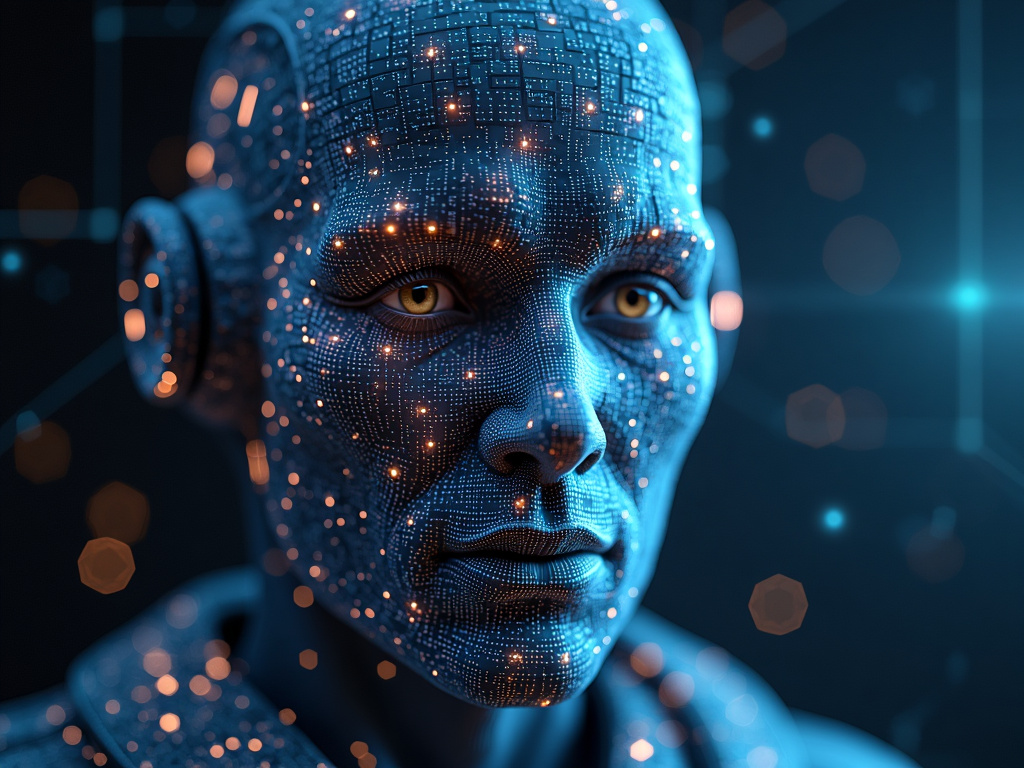
The Inner Workings of Quantum AI
Quantum Data Processing and Analysis
Quantum AI’s core operation involves converting quantum data for AI algorithms. This process starts with specialized quantum neural networks that analyze the prepared data. These networks leverage quantum mechanics principles to process information in ways classical computers can’t match.
After quantum processing, the results are translated into a classical format, allowing traditional AI models to interpret them. I then apply deep learning techniques to identify patterns and relationships within this converted data.
This unique approach combines the strengths of quantum computing with AI’s pattern recognition capabilities, opening up new possibilities for data analysis and problem-solving in fields like:
- Cryptography
- Drug discovery
- Financial modeling
Revolutionary Applications of Quantum AI
Optimization and Machine Learning
Quantum AI’s impact on optimization and machine learning is transformative. It’s supercharging algorithms to tackle complex systems with unprecedented speed. I’ve seen quantum-enhanced machine learning models process vast datasets faster than traditional methods, opening doors to breakthroughs in drug discovery and financial modeling.
Streamline Your Business with Cutting-Edge Automation
Empower your business with powerful automation tools designed to enhance workflows, improve efficiency, and drive online impact.
Book a CallAutonomous Systems and Cybersecurity
In autonomous systems, quantum AI is refining decision-making processes. Self-driving cars equipped with quantum AI can analyze traffic patterns and make split-second choices more efficiently. On the cybersecurity front, quantum AI is pioneering unbreakable encryption methods. Quantum key distribution (QKD) offers a secure way to transmit data, while quantum-resistant algorithms are being developed to protect against future quantum threats. These advancements are setting new standards for data protection in the digital age.
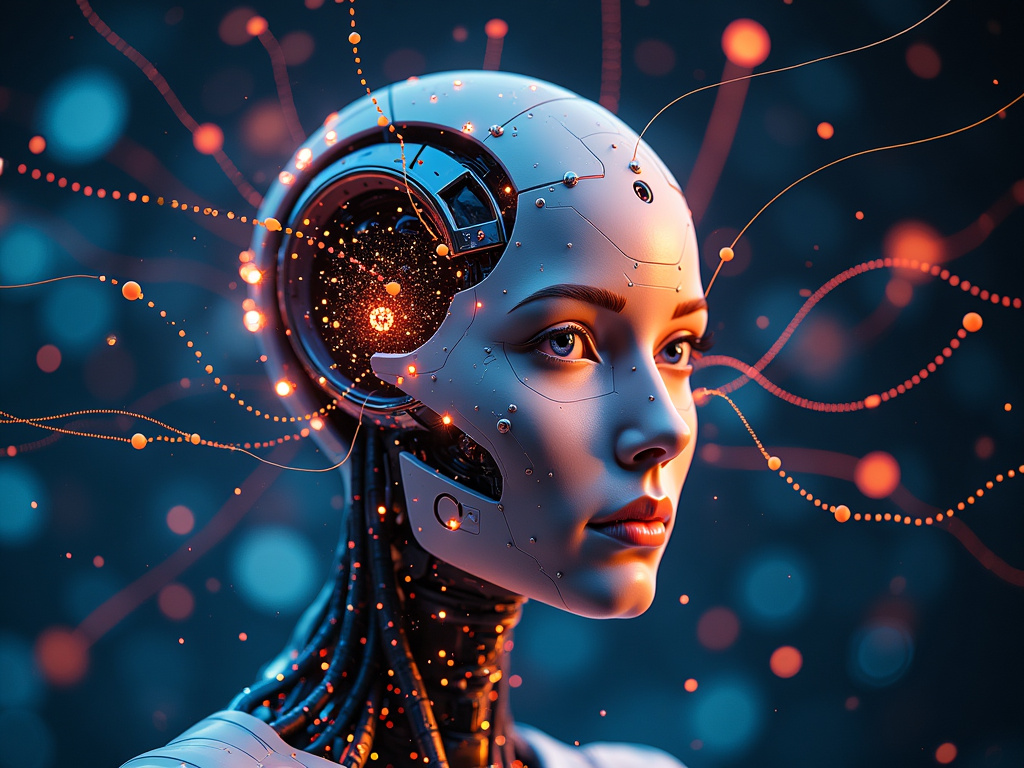
Quantum AI’s Impact on Industries
Healthcare Advancements
Quantum AI is revolutionizing healthcare, particularly in drug discovery and personalized medicine. It’s accelerating the process of identifying potential drug candidates by simulating molecular interactions at a quantum level. This dramatically cuts down research time and costs. In personalized medicine, quantum AI analyzes vast amounts of genetic data to tailor treatments to individual patients, improving outcomes and reducing side effects.
Financial Sector Transformation
In finance, quantum AI is reshaping risk analysis and fraud detection. It’s capable of processing complex financial models and market scenarios faster than traditional systems, allowing for more accurate risk assessments. For fraud detection, quantum AI can quickly spot patterns in large datasets that might indicate fraudulent activity, enhancing security for financial institutions and their customers.
The transportation industry is also benefiting from quantum AI:
- Traffic optimization: AI algorithms can analyze real-time traffic data and predict congestion, helping to reroute vehicles and reduce travel times.
- Logistics planning: Quantum AI can solve complex routing problems, optimizing delivery schedules and reducing fuel consumption.
- Fleet management: It can predict maintenance needs and optimize vehicle utilization, leading to cost savings and improved efficiency.
These applications showcase quantum AI’s potential to transform industries by tackling complex problems with unprecedented speed and accuracy.
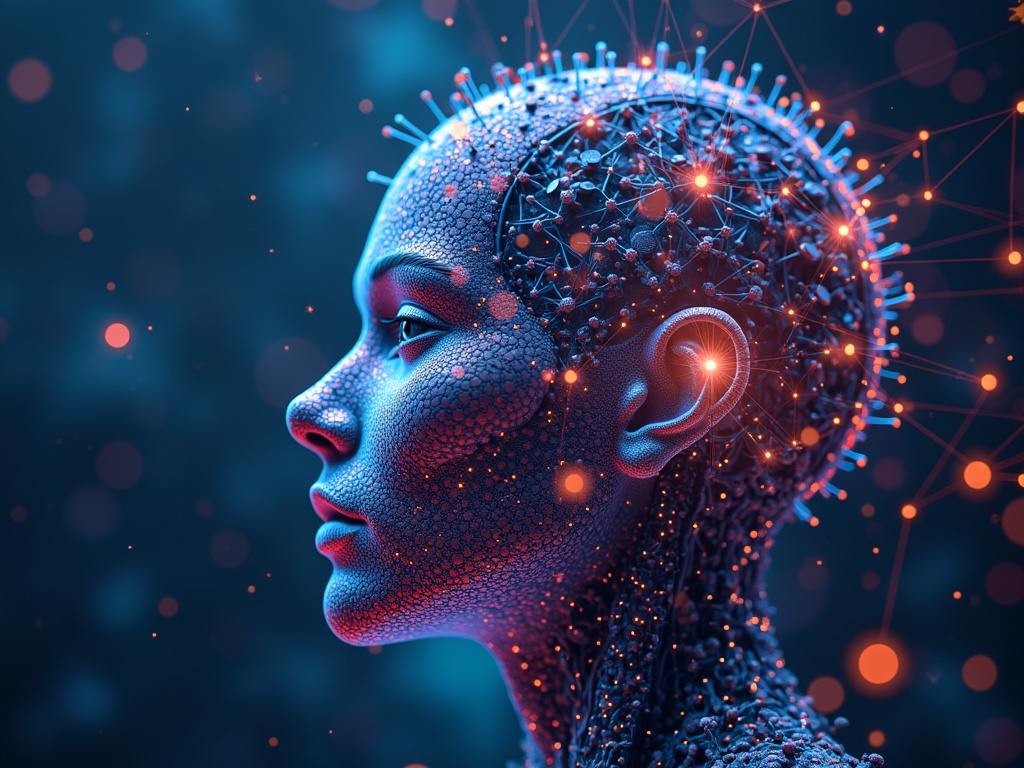
The Road Ahead: Future Prospects of Quantum AI
Advancements and Industry Applications
I’m excited about the future of Quantum AI as it promises significant leaps in computing power and efficiency. As quantum computers become more powerful, they’ll open up new possibilities across various industries. We’re looking at potential breakthroughs in:
- Financial modeling: Faster risk assessment and portfolio optimization
- Drug discovery: Accelerated simulations of molecular interactions
- Climate modeling: More accurate long-term weather predictions
- Cybersecurity: Enhanced encryption methods
Quantum AI’s ability to process vast amounts of data simultaneously could revolutionize optimization and machine learning processes. This means:
- Solving complex problems that are currently impossible for classical computers
- Dramatically reducing the time needed for training AI models
- Enabling more sophisticated pattern recognition in big data sets
While these advancements are promising, it’s important to note that we’re still in the early stages of Quantum AI development. Challenges like error correction and scalability need to be addressed before we can fully harness its potential. However, the progress we’re seeing in quantum computing research suggests that these hurdles will be overcome in the coming years, paving the way for a new era of AI capabilities.
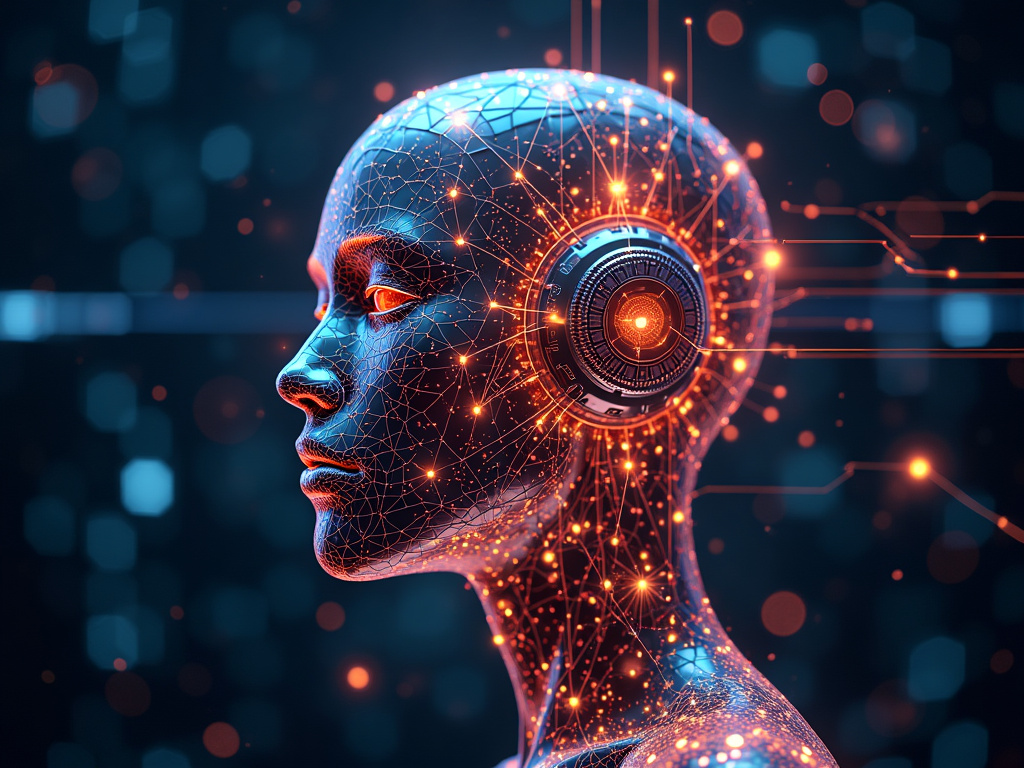
Sources:
Wikipedia
AIMulitple Research: “Quantum AI: Definition, Business Applications & Use Cases”
LinkedIn: “Quantum AI: The Next Frontier of Artificial Intelligence”
Signity Solutions: “What is Quantum AI?”

